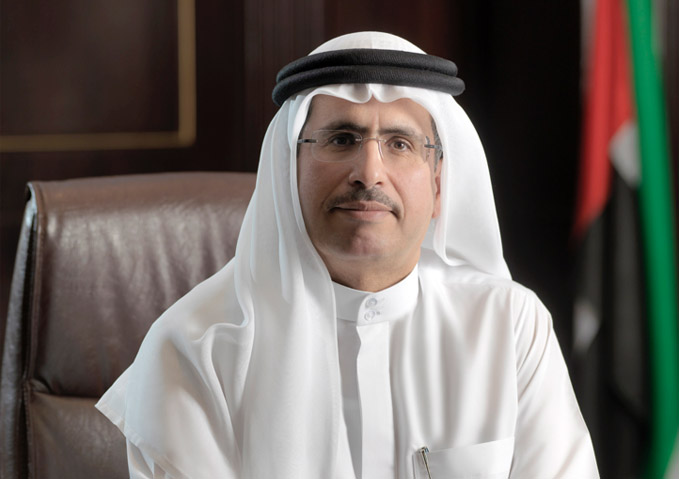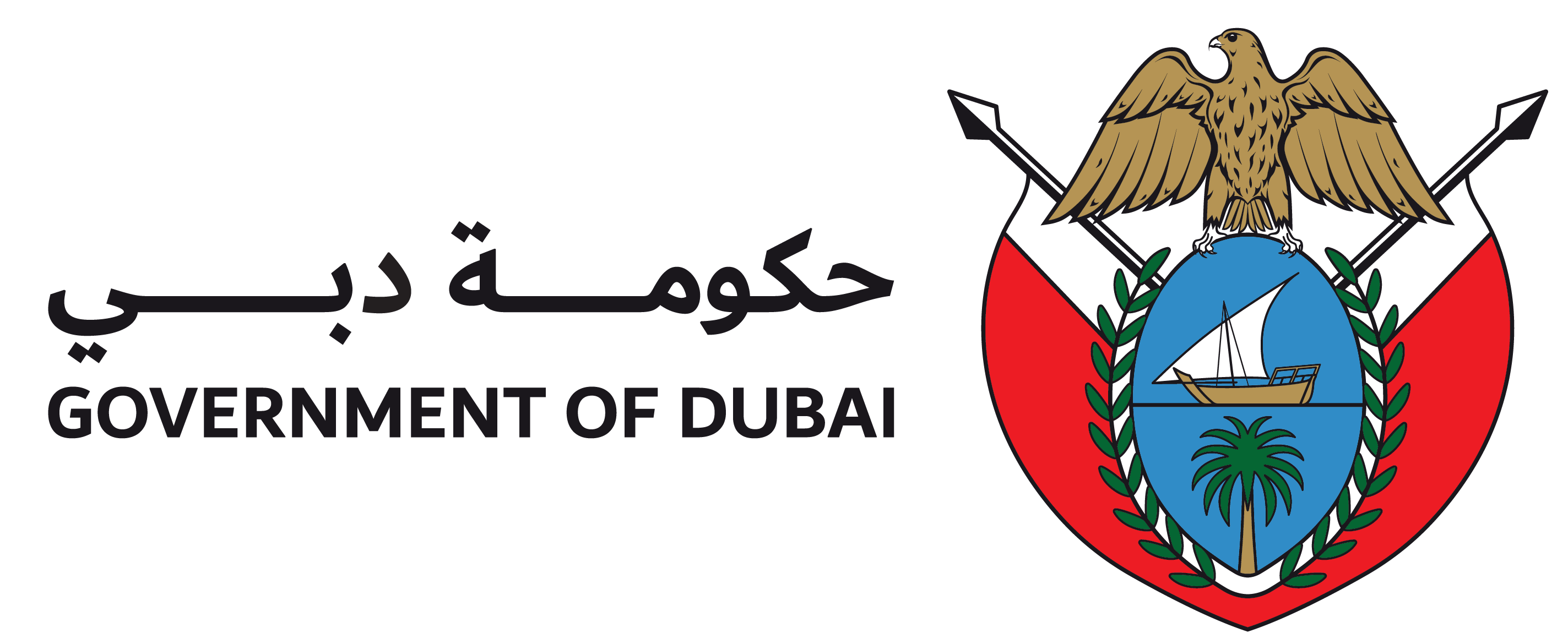On World Energy Day, Dubai reaffirms its commitment to increasing its share of renewable energy to achieve a balance between development and environment

World Energy Day is observed globally on 22 October every year. It was approved by HH Sheikh Mohammed bin Rashid Al Maktoum, Vice President and Prime Minister of the UAE and Ruler of Dubai, along with 54 countries and representatives from the UN, the Arab League, and the African Union through the Dubai Declaration in 2012. World Energy Day underlines the necessity of taking serious and constructive steps in protecting the environment and supports the shift towards renewable energy around the world.
“The UAE, under the leadership of His Highness Sheikh Khalifa bin Zayed Al Nahyan, President of the UAE; His Highness Sheikh Mohammed bin Rashid Al Maktoum, Vice President and Prime Minister of the UAE and Ruler of Dubai, and His Highness Sheikh Mohamed bin Zayed Al Nahyan, Crown Prince of Abu Dhabi and Deputy Supreme Commander of the UAE Armed Forces, attaches great importance to diversifying the energy mix. This is based on a vision that realises the importance of renewable energy in achieving a balance between development and the environment to protect the rights of future generations to live in a clean, healthy, and safe environment,” said HH Sheikh Ahmed bin Saeed Al Maktoum, Chairman of the Dubai Supreme Council of Energy.
“World Energy Day highlights the importance of increasing the efficiency of energy production and using it sustainably. It prioritises developing national energy policies that support sustainable development to overcome current and future challenges facing the energy sector. It also supports policies for implementing and developing mechanisms and frameworks for the exchange of experiences among all countries, as well as the acceleration towards renewable energy, and encouraging its responsible and rational use to protect the environment, reduce carbon emissions and preserve our precious natural resources,” added HH Sheikh Ahmed bin Saeed Al Maktoum.
“The UAE places a great emphasis on diversifying its energy sources as a safe way to balance sustainable development and conservation of the environment. Our long-term approach to plan the future of our energy sector was derived from a forward-looking vision based on the importance of renewable energy in achieving sustainable development through projects and initiatives launched to support the UAE National Energy Strategy 2050,” said HE Suhail Mohamed Faraj Al Mazrouei, Minister of Energy and Infrastructure.
“The UAE spared no effort in diversifying its clean energy resources, with the launch of the UAE national Energy Strategy 2050, which aims to generate 50% of the UAE’s energy needs through clean energy sources. The UAE Peaceful Nuclear Energy Programme will greatly contribute to achieve this goal and reduce the UAE’s carbon footprint,” added Al Mazrouei.
“Thanks to the vision and directives of His Highness Sheikh Mohammed bin Rashid Al Maktoum, Vice President and Prime Minister of the UAE and Ruler of Dubai, to enhance the transformation towards a sustainable green economy, Dubai has made significant achievements in reducing carbon emissions. More than 14 million tonnes of emissions were reduced in 2019, a 22% reduction compared to business as usual. Results achieved exceeded the target set in the Dubai Carbon Abatement Strategy, which aims to reduce carbon emissions by 16% by 2021. The Demand Side Management programmes in Dubai contributed to reducing per capita annual consumption of water by 19.5%, and per capita annual consumption of electricity decreased by 19% in 2019 compared to 2010,” said HE Saeed Mohammed Al Tayer, Vice Chairman of the Dubai Supreme Council of Energy, and MD & CEO of Dubai Electricity and Water Authority (DEWA).
“On the occasion of World Energy Day, we affirm our commitment to achieving a balance between development and the environment to preserve the rights of future generations to live in a clean, healthy and safe environment, and to continue Dubai’s pioneering role in reducing carbon emissions and mitigating the effects of climate change. This can be achieved by increasing our share of renewable and clean energy to transform Dubai into a global hub for clean energy and green economy, to ensure a brighter and more sustainable future for generations to come. The Mohammed bin Rashid Al Maktoum Solar Park, the largest single-site solar park in the world, is one of the most prominent projects implemented by DEWA to achieve this vision. The percentage of clean energy in the Dubai’s energy mix is about 9%, exceeding the percentage set in the Dubai Clean Energy Strategy 2050, which aims to provide 7% of Dubai’s total power capacity from clean energy sources by 2020 and 75% by 2050,” added Al Tayer.
“World Energy Day aims to support policies that improve energy efficiency in various vital sectors, as well as enhance sustainability and increase energy efficiency within the framework of urban and regional planning. This day is an opportunity to remember the importance of energy in our lives and its impact on all aspects of our economic, social and environmental development, and to emphasise concerted efforts between organisations and society to work closely to protect our environment, rationalise energy consumption and reduce carbon emissions; to preserve our natural resources and ensure their sustainability,” said HE Ahmed Al Muhairbi, Secretary General of the Dubai Supreme Council of Energy.


